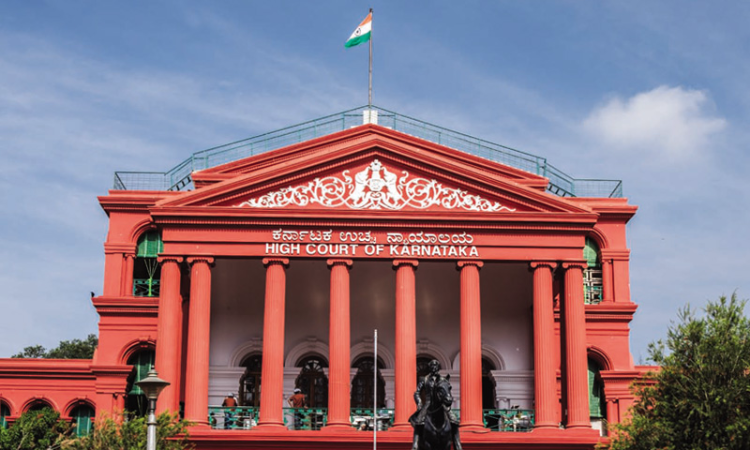The Karnataka High Court has held that Central Crime Branch (CCB) is not a police station and therefor the final report filed by it is not in contemplation with the provisions of Section 173(2) of the Code. The magistrate court cannot take cognizance of it.A single bench of Justice B A Patil on January 18, allowed two petitions filed by Dr.M.G.Gopal Principal & Dean of KIMS and Dr....

